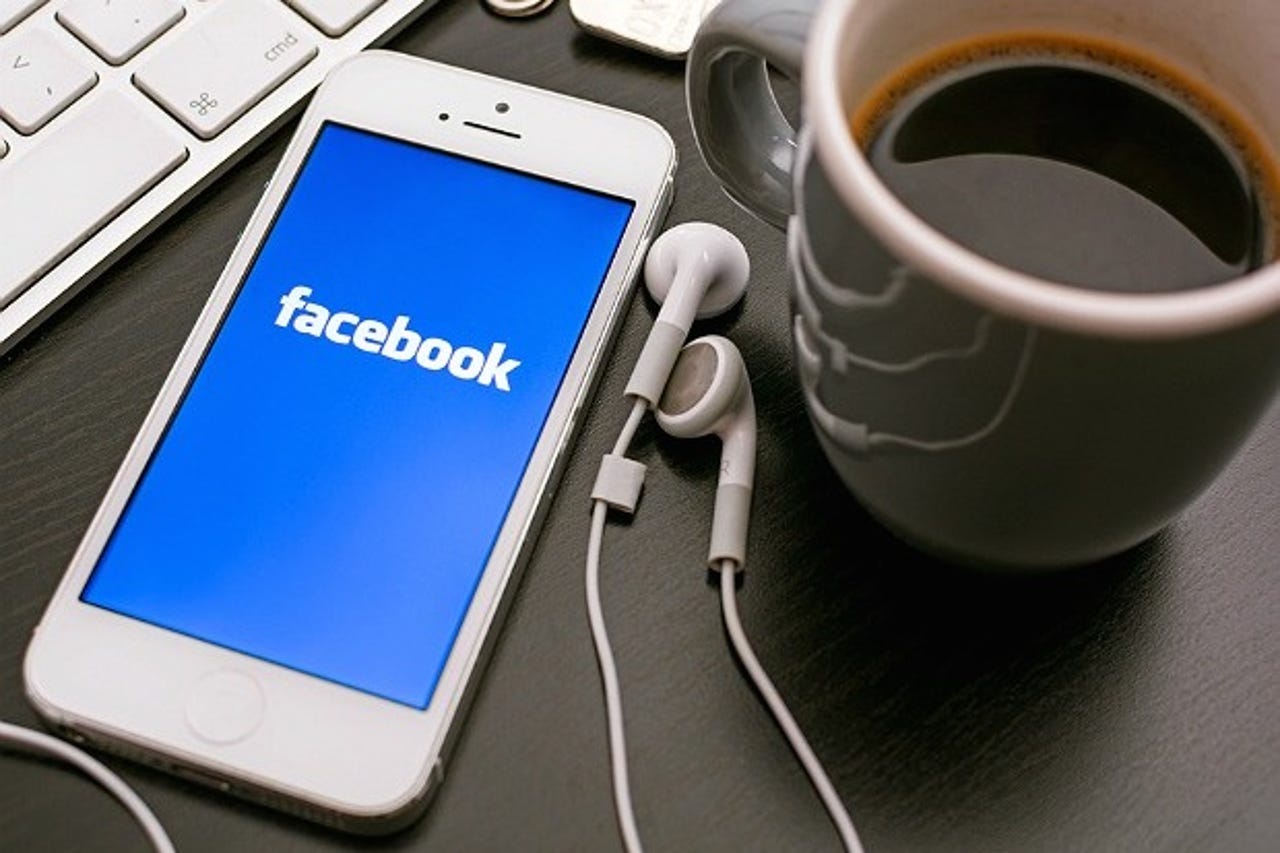EU approves Facebook's purchase of WhatsApp, sealing the deal


The European Commission has cleared Facebook's acquisition of WhatsApp, a popular instant messaging app for mobile devices.
The deal, worth $19 billion in total (with $3 billion of that invested over time), will give the social networking giant the bump in the rapidly-growing mobile messaging space it needs.
In a statement on Friday, the Commission said the deal would not rile the antitrust regulators in the 28 member state bloc. EU Competition Commissioner Joaquin Almunia said thanks to a "wide choice" of consumer communications apps on the market, the deal would "not hamper competition in this dynamic and growing market."
European regulators were the final hurdle for any bumps in the road to be discovered, after the U.S. government approved the merger earlier this year.
WhatsApp, with 450 million monthly users, is said to be climbing at an exponential rate, which could outpace Facebook itself soon. That could have led to a dominant market position, which regulators were examining whether or not this could be eventually abused — or, if the vast market share WhatsApp has could harm other messaging apps.
It wasn't without some hiccups along the way, however. The U.S. Federal Trade Commission (FTC) called out Facebook's privacy practices and obligations weeks before it approved the deal.
A month later, Facebook actively reached out to European officials to test the water on possible antitrust problems on deck. The concern was that telcos relying on text messages and phone calls for secure revenue streams would argue free messaging apps, like WhatsApp, isn't killing the wider mobile messaging scene, but the traditional calling markets.
It's not unheard of for a company to clear European regulators without any strings attached. It does show that the market, which remains in its infancy — particularly in the secure mobile communications space — has a lot of space to grow into.
The deal is expected to close by the end of 2014.